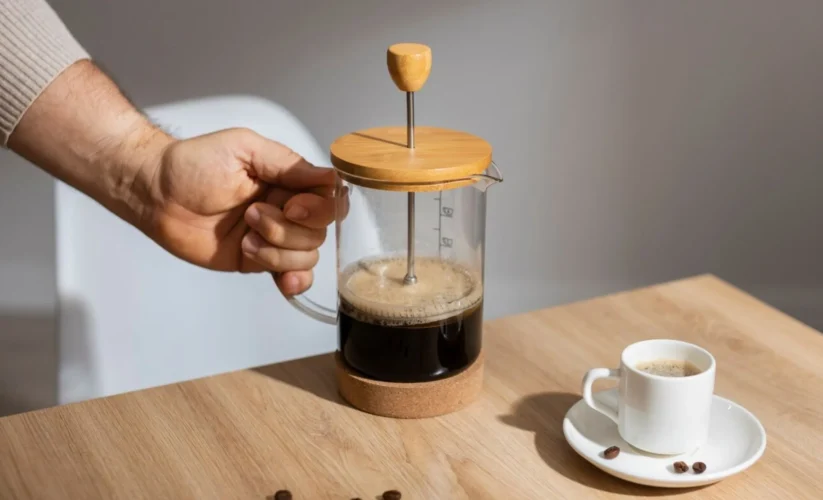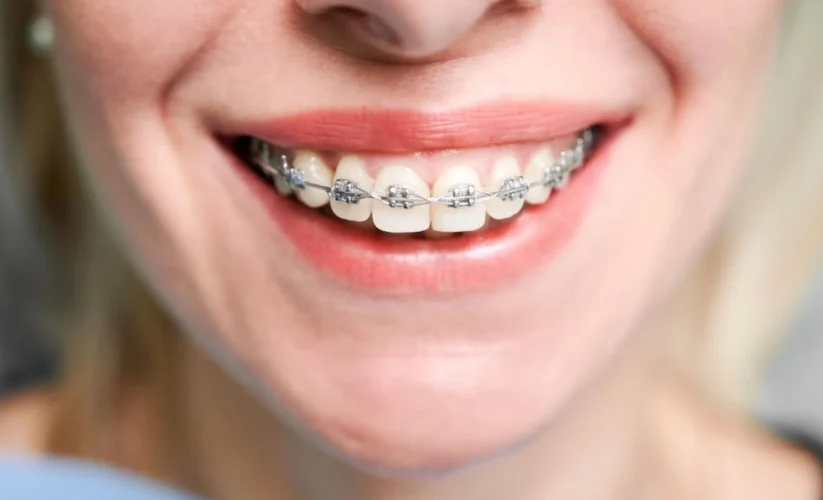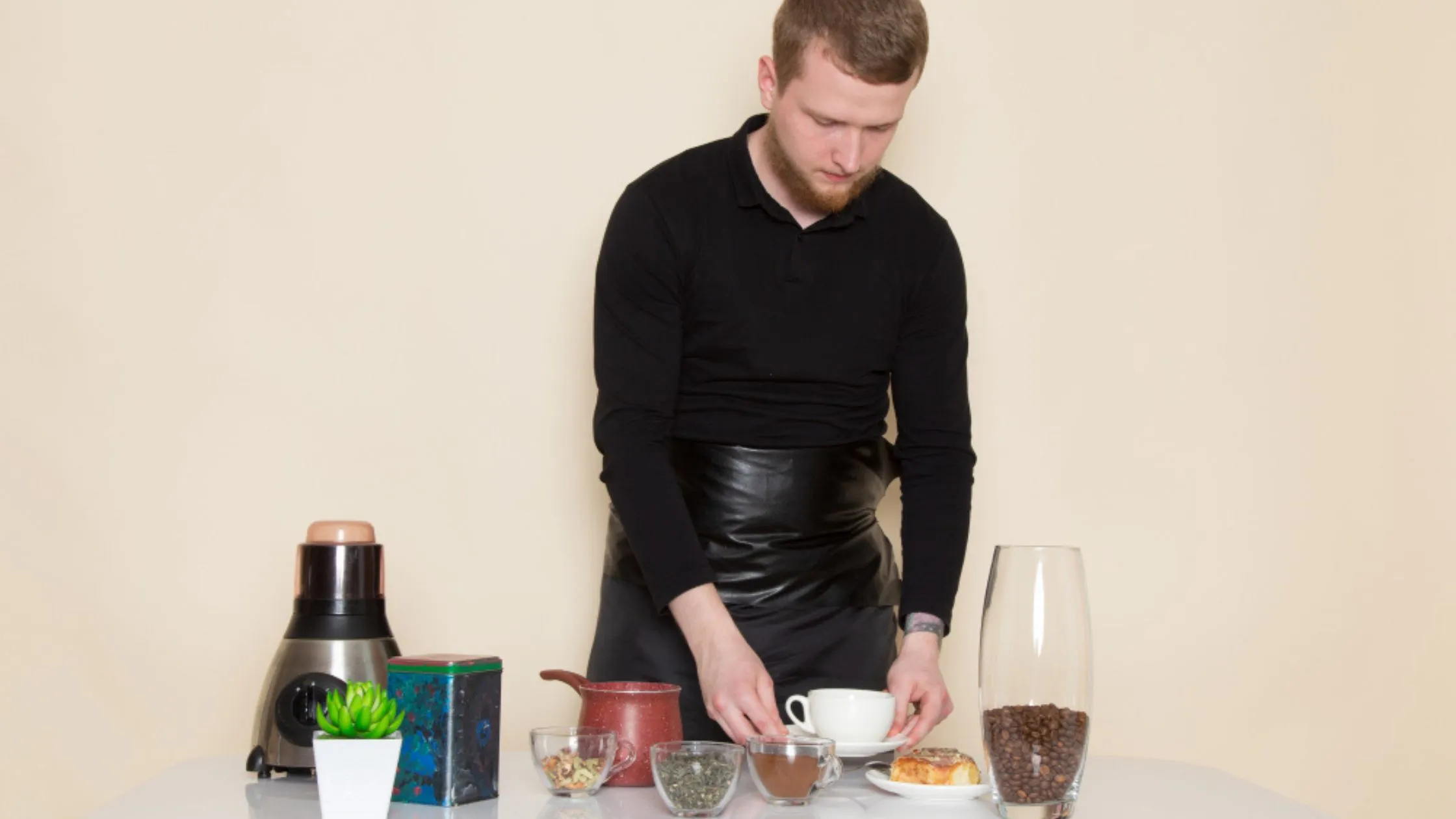
How Long Does It Take for Coffee to Kick In?
Coffee is a beloved beverage enjoyed by millions around the world. Its popularity is largely due to its caffeine content, which provides a much-needed energy boost to help us start our day or get through a long afternoon. But how long does it take for coffee to kick in, and what factors influence the speed and intensity of caffeine’s effects? In this article, we’ll explore the science behind caffeine absorption and discuss the average time it takes for coffee to take effect, as well as provide tips on how to optimize your caffeine intake.
The Science Behind Caffeine Absorption
Caffeine is a natural stimulant found in coffee beans, tea leaves, and other plants. When consumed, it is quickly absorbed into the bloodstream and travels to the brain, where it binds to adenosine receptors. Adenosine is a neurotransmitter that promotes sleep and suppresses arousal, so by blocking its effects, caffeine helps to keep us alert and awake.
How Long Does It Take for Coffee to Kick In?
The time it takes for coffee to kick in can vary depending on several factors, including your metabolism, tolerance, and the amount of coffee you’ve consumed. Generally speaking, you can expect to feel the effects of coffee within 15-45 minutes after drinking it. This is the time it takes for caffeine to be fully absorbed into your bloodstream and reach your brain.
Factors Affecting Caffeine Absorption
Several factors influence how quickly and effectively our bodies absorb caffeine, including:
- Individual metabolism: Some people metabolize caffeine faster than others, which can affect the speed at which they feel its effects.
- Food intake: Consuming coffee on an empty stomach can lead to faster absorption, while having it with a meal or food may slow down the process.
- Caffeine tolerance: Regular coffee drinkers may develop a tolerance to caffeine, requiring higher doses to achieve the same effects.
- Genetics: Variations in specific genes can impact how our bodies process and respond to caffeine.
The Average Time for Coffee to Kick In
In general, it takes about 30-60 minutes for caffeine to reach its peak concentration in the bloodstream. However, this can vary depending on the individual and the specific circumstances.
Caffeine Levels in Different Coffee Types
The amount of caffeine in a cup of coffee can also affect how quickly it kicks in. For example, a standard 8-ounce cup of brewed coffee contains around 95 milligrams of caffeine, while a shot of espresso has about 63 milligrams. Decaffeinated coffee still contains small amounts of caffeine, usually less than 7 milligrams per cup.
How long does it take for coffee to kick in? Typically, caffeine starts to take effect within 15-30 minutes after consumption, but this can vary depending on the individual.
Individual Variability in Caffeine Absorption
As mentioned earlier, individual factors such as metabolism, genetics, and tolerance can all impact how long it takes for coffee to kick in. Some people may feel the effects almost immediately, while others might not notice any changes for up to an hour or more.
Caffeine’s Effects on the Body
Caffeine has both short-term and long-term effects on the body.
Short-Term Effects
- In the short term, caffeine can:
- Increase alertness and focus
- Boost energy levels
- Enhance physical performance
- Improve mood and cognitive function
Long-Term Effects
Over time, regular caffeine consumption may lead to:
- Increased tolerance, requiring higher doses for the same effects
- Withdrawal symptoms when consumption is reduced or stopped, such as headaches, fatigue, and irritability
- Potential health benefits, including reduced risk of certain diseases like Parkinson’s and Alzheimer’s
Tips to Optimize Caffeine Absorption
If you’re looking to get the most out of your coffee habit, consider these tips:
Timing Your Coffee Intake
To maximize the benefits of caffeine, consider the timing of your consumption. Drinking coffee in the morning can help you combat fatigue and start your day positively. Generally, how long does it take for coffee to Kick In? However, be mindful of your caffeine intake later in the day to avoid sleep disruption.
Pairing Coffee with Food
The amount of caffeine in a cup of coffee can also affect how quickly it kicks in. For example, a standard 8-ounce cup of brewed coffee contains around 95 milligrams of caffeine, while a shot of espresso has about 63 milligrams. Decaffeinated coffee still contains small amounts of caffeine, usually less than 7 milligrams per cup.
Eating a meal or snack with your coffee can slow down caffeine absorption, which may help sustain its effects over a longer period. Additionally, consuming coffee with a source of protein or healthy fats can help stabilize blood sugar levels and prevent energy crashes later on. How long does it take for coffee to kick in? Generally, caffeine kicks in roughly 20-30 minutes after consumption, but this can vary based on the individual and the type of coffee consumed.
FAQs
How much caffeine is in a cup of coffee?
The caffeine content in a cup of coffee can vary widely depending on factors like the type of coffee bean, brewing method, and serving size. On average, an 8-ounce cup of brewed coffee contains around 95 milligrams of caffeine.
Can you build a tolerance to caffeine?
Yes, regular caffeine consumption can lead to increased tolerance, meaning you may need to consume more caffeine to experience the same effects.
Is it safe to drink coffee every day?
For most people, moderate coffee consumption (up to 400 milligrams of caffeine per day, or about 4 cups of coffee) is generally considered safe. However, individual sensitivities and health conditions may affect how much coffee is appropriate for you.





